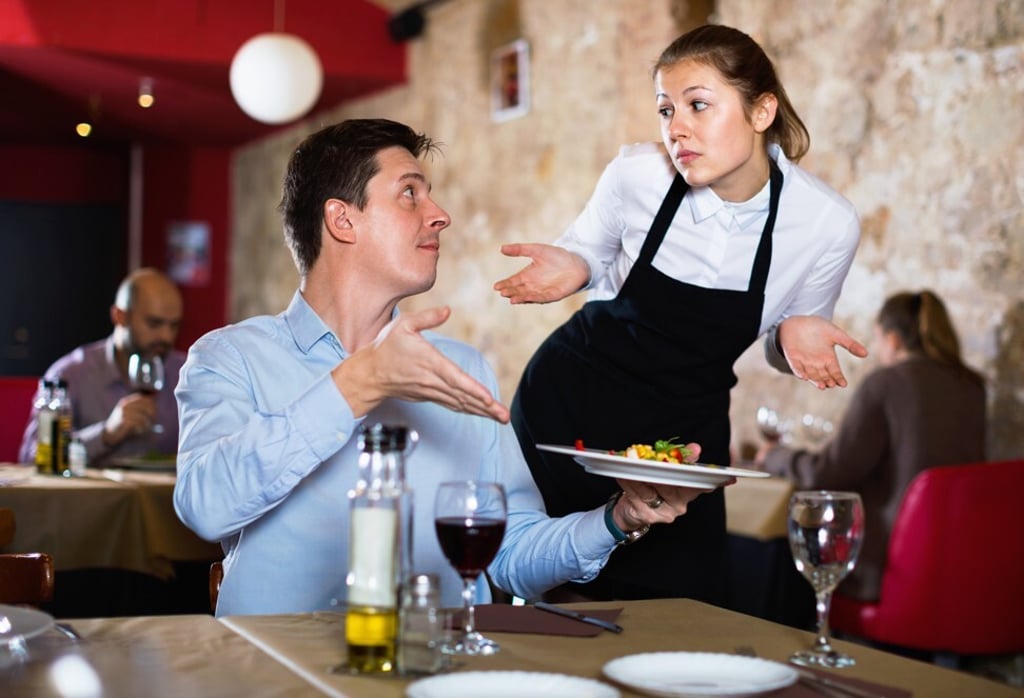Mouthing Off | Why do new restaurants go stale over time? They open with great food and service, then, a few months later, meh
- The first time you visit a new restaurant the meal is memorable, with the staff pulling out all the stops
- When you return a few months later everything is a little stale, and the quality has dropped off. Why?

How many times have you heard friends say this about a restaurant: “It’s not as good now as it was when they first opened.”
I hear this refrain a lot, expressed both by food lovers who try every new restaurant that opens, as well as casual diners who only eat at new places after their friends recommend them. But is it true that new restaurants are like a new car – doomed to deteriorate as soon as they roll off the line?
When customers are impressed and surprised by a meal, they tend to exaggerate that experience in their heads. Over time the rose-coloured prism gets exponentially rosier. Think about the movies you saw in high school that you thought were genius works. Now when you view Ferris Bueller’s Day Off again, you probably don’t consider it among cinema’s greatest achievements.
Restaurants are living creatures that change and evolve constantly. A great meal six months ago doesn’t mean that restaurant’s service will still be good now. The veteran manager might have left, a new line cook could just be starting, or they’re trying out an unknown, cheaper supplier. Industry people often say that starting a restaurant is easy, maintaining consistency is hard.

To launch a new establishment is the proverbial chase for many chefs, like trying to woo and seduce a new love interest. It’s a common obsession. Suddenly, the heart takes over from the head. They want to use only the best ingredients, install top name equipment, and serve food on the nicest plates and tableware.
When the establishment opens, everyone is blown away. The place is full, the reviews are great, and, for a moment, it’s the toast of the town. Then a few months go by, the number crunchers review the books and all that effort turns out to be not as profitable as everyone assumed. So everything gets reassessed.
